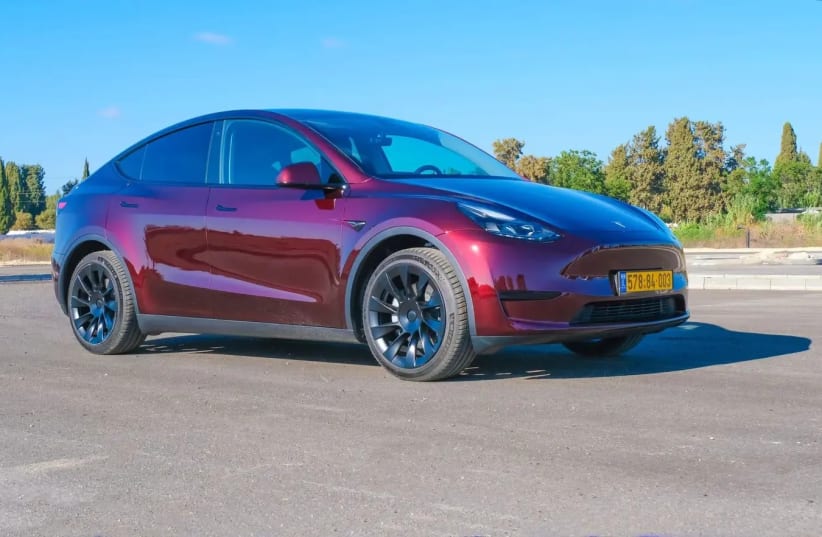You bought a new car with your hard-earned money. After a few months or years, the manufacturer offers you a deal: pay them more money, and they will unlock remote capabilities that were installed in the car during production but are locked for you. How would you react?
Tesla's CEO Elon Musk recently disclosed that the company is in talks with regulators in the US about approving a new business move: adding range to existing Model Y models by releasing additional battery capabilities.
According to Musk, the deal will be offered to basic Model Y owners with rear-wheel drive, with a range of 420 km in the US and 440 km in Israel due to different regulations. Releasing additional charging capacity will add between 65 to 100 km to each vehicle, depending on its battery condition. The cost: $1,500-2,000, and as usual with Tesla, the upgrade can be done remotely, without the need to visit a service center.
Tesla already offers its customers upgrades for payment after purchase, starting from purchasing additional features for the autopilot system, the full self-driving, and in the past activating seat heating in Model 3, which was pre-installed in some cars but not activated immediately upon driving off the lot. Other manufacturers like Mercedes have offered remote power upgrades to existing car owners in the US.
Musk did not specify the background for the move, whether Tesla planned in advance to sell the capacity later as an additional source of income, or if it is a result of a renewed assessment of battery longevity. Electric car manufacturers do not allow drivers to use the full battery capacity in order to preserve charging capabilities for the future. In Volkswagen Group models, such as Skoda Enyaq and Volkswagen ID.4, an 82 kWh battery is installed, but only 77 kWh are available for use.
It is also unclear if the move is related to Tesla's recent step announced last month: selling the base Model Y as new with an additional range of about 150 km for $2,000 to 4,000 euros, depending on the market.
Tesla Israel did not respond to the question of whether the upgrade will also be offered in the country, where about 2,900 base Model Y cars are already driving and could benefit from it.
To date, Tesla has not sold upgrades for existing car owners in Israel. This is against the background of a dispute with the tax authority regarding the taxation of the step: the tax authority demanded to tax such upgrades with the heavy tax imposed on new cars, while Tesla demanded to tax them with the tax on replacement parts for vehicles.
